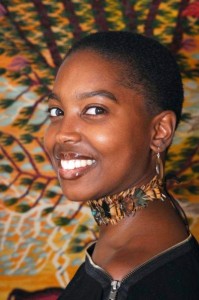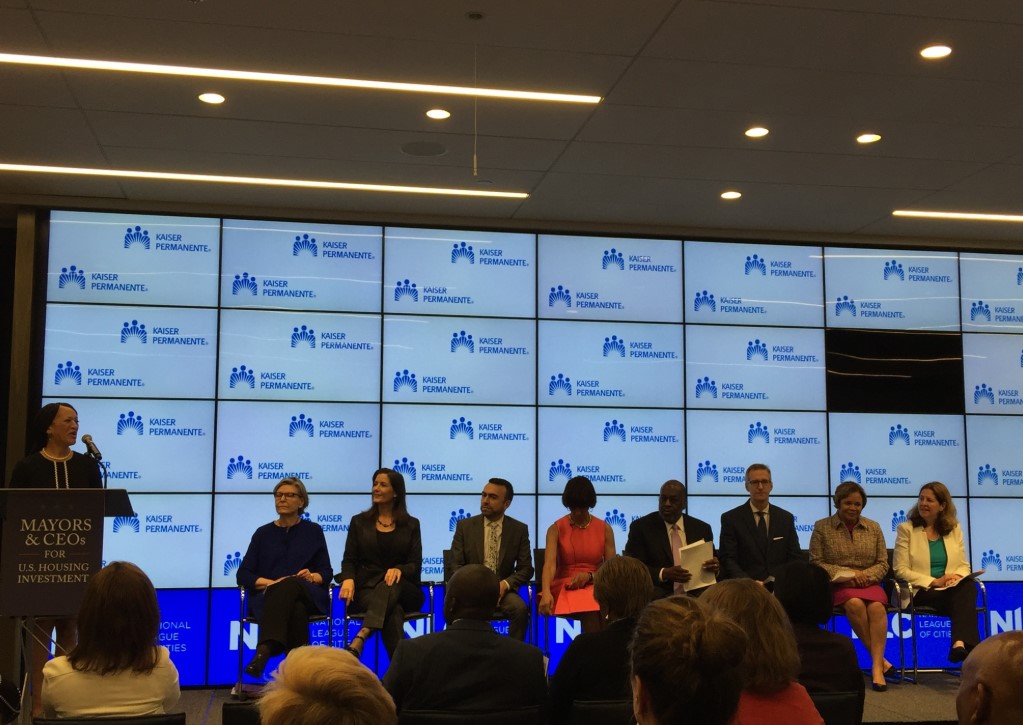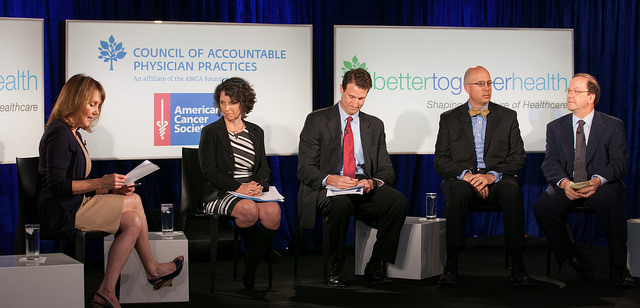In today’s post, we are getting to know People’s Grocery — a nonprofit whose mission is to improve the health and economy of West Oakland through the local food system. The organization addresses social determinants of health through several programs that also aim to revitalize the neighborhood.
We recently had a fascinating conversation with Nikki Henderson, executive director of People’s Grocery. Part one of that talk is below.
CTH Blog:
Nikki, why don’t you start by telling us about People’s Grocery.
NH:
People’s Grocery started in early 2003. The organization originally began because West Oakland didn’t have a lot of access to fresh and healthy food. People’s Grocery was created to increase that access. Our early years included a lot of direct service programming focused on trying to create that access for people in the community through farm stands, growing food, distributing it through a mobile market, classes to teach people how to cook. The transition we recently went through has us taking on more leadership development, community building and the advocacy side of building a local food system. With food justice, community self determination is key whenever you’re transforming a community that has historically been under-invested in. We want leadership in the community to have a voice and take a leadership role in creating a new food system. What we offer these community members is a fusion of training and support.
CTH Blog:
What are some of the health issues facing the people of West Oakland?
NH:
The underlying issue is that a lot of people here don’t have health care. If you have health care and you go to the doctor for a check up, they’ll tell you “Eat this. Do this. Run here.” If you don’t have health care, then you don’t get access to that, so a lot of preventive stuff goes undone.
Diet-related disease is off the charts. Diabetes is high, hypertension is high. We don’t talk specifically about obesity as much, because it’s a bit contentious now.
CTH Blog:
What do you mean, contentious?
NH:
There’s this “health at every weight” phenomenon – that’s one of the things happening now. And when it comes to obesity, a lot of communities of color, but African Americans and Latinos especially, just weigh a little more than your average person that the “weight scale” was designed for. So we try not to focus so much on people’s weight, and focus more on obesity indicators – heart disease, diabetes, or the types of things that carrying that much weight would do to your body – versus trying to simply get people to lose weight.
CTH Blog:
I see from your website that People’s Grocery has several programs. Since we don’t have room to talk about all of them, can you tell me about two or three that most excite you, or that you think are the most vital to improving the total health of the residents of West Oakland?
NH:
One of our main programs, the Growing Justice Institute, takes a cohort of seven to 10 people from West Oakland who are already doing cool stuff around food and health in the community, and over a two-year period, we see what their gaps are in making that project really effective and help them redesign and implement it. So they bring their own knowledge to the table, and if they have a gap around the social determinants of health and how that affects a community of color, we will provide training on that. If they have a gap around what the political economy of food looks like, then we will provide a workshop on that.
In identifying our cohorts, we outreach to allied organizations and ask them if they know of people who are really passionate about something around improving food and health for their community, or people already involved in a project. Backyard gardeners. Someone already doing a mini cooking class in their kitchen with neighborhood kids. For example, there was a gentleman with a small raw foods stand, and he has dreams about making it a packaged business so he can distribute through local vendors. And there was a young woman who had a catering business who really wants to do a cooking class for the community. We invite these people to apply and we interview them to ensure they really represent the community – so they are all African American, they all deal with having limited incomes, and they all have various degrees of health ailments, themselves.
Part two of our conversation with Nikki will be posted soon. Meanwhile, check out this video to learn more about the Growing Justice Institute.




